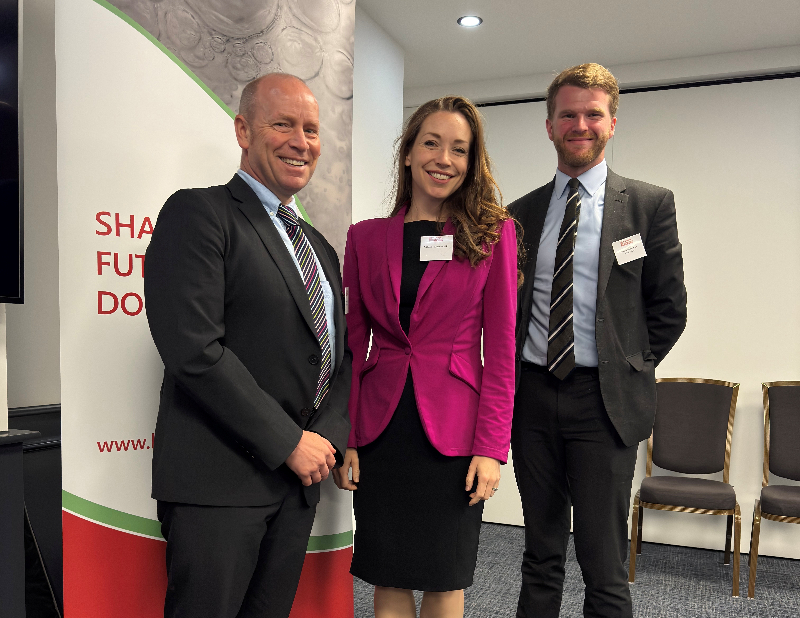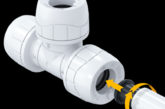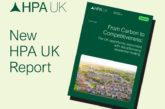
The Hot Water Association (HWA) has launched its new paper, ‘Connected Homes – Banking Energy with Hot Water Storage’, highlighting the vital but often overlooked role of hot water storage in delivering the UK’s net zero ambitions. The event, held at the historic One Great George Street, Westminster, as part of Net Zero Week 2025, brought together policymakers, industry leaders and representatives from the Department for Energy Security and Net Zero (DESNZ).
Adrian Waddelove, Manager of the HWA, opened the briefing by stressing that the journey to net zero demands a whole-system approach – one which recognises the essential contribution of hot water storage, not only for household comfort but as a practical tool for grid flexibility. He reminded attendees that hot water cylinders, so often hidden away in cupboards, can play a major part in cutting carbon, saving households money and balancing the electricity grid.
“It became clear today that hot water is an integral part of the net zero pathway, both from the consumer’s perspective and for the electricity system,” Waddelove said. “Our industry has argued that it is a national scandal that taxpayers’ money is spent on curtailment payments to turn off renewable generation, instead of banking surplus energy for later use. Hot water storage can help end that waste, and save households money at the same time.”
The HWA called for hot water to be recognised distinctly from space heating, noting that while space heating is largely seasonal, hot water is needed all year round. It therefore holds untapped potential to absorb surplus renewable electricity even in the warmer months.
The ‘Connected Homes’ paper sets out clear recommendations for policymakers, including treating hot water storage as a strategic asset in the transition to net zero, incentivising smart controls and ensuring building standards and grant schemes reflect its year-round value.
“The case for action is compelling,” added Waddelove. “Hot water cylinders have been quietly delivering comfort and reliability for decades. Now they can also help deliver our net zero future. It is time they were brought back into the spotlight.”
For more information about the ‘Connected Homes’ paper and the work of the Hot Water Association, visit www.hotwaterassociation.co.uk












